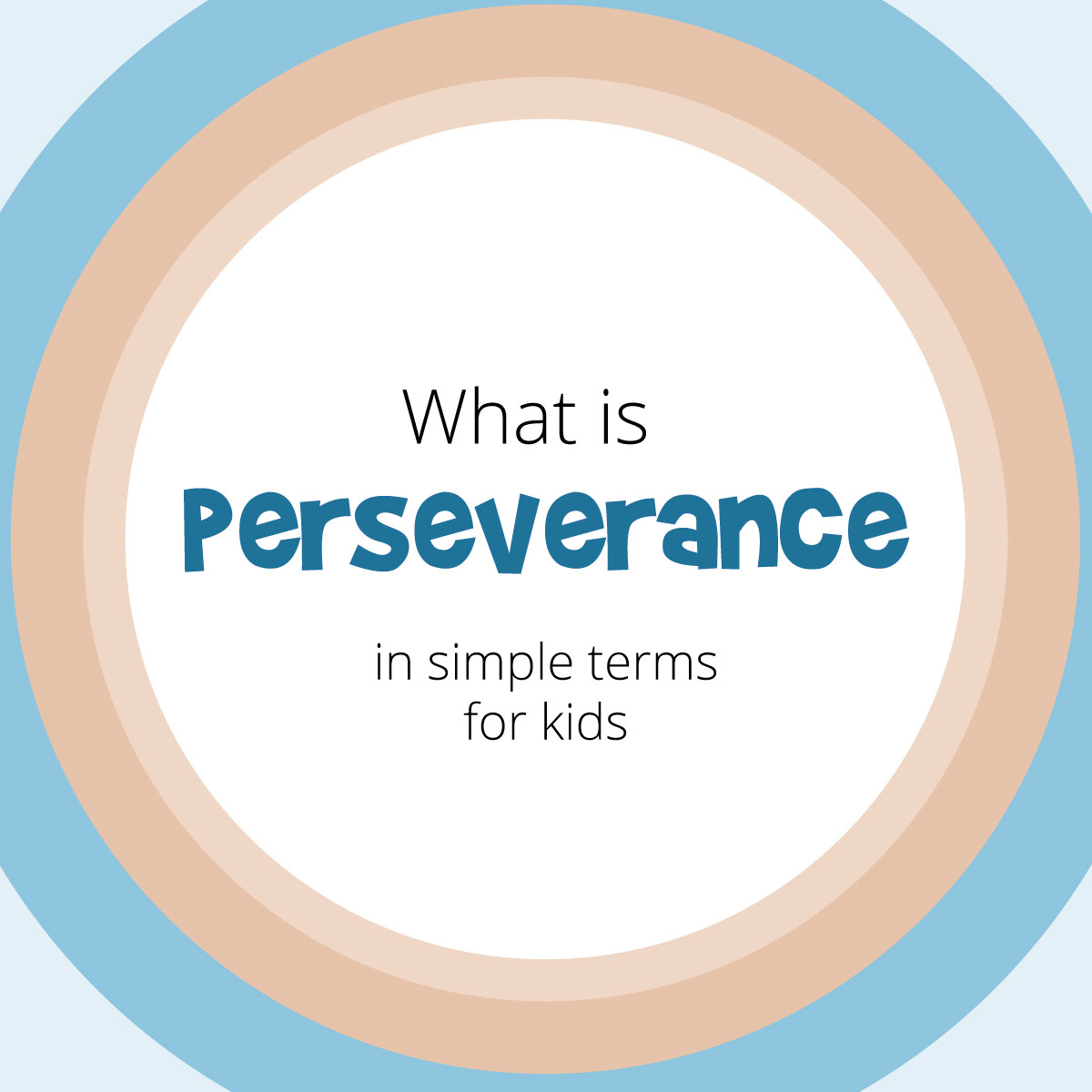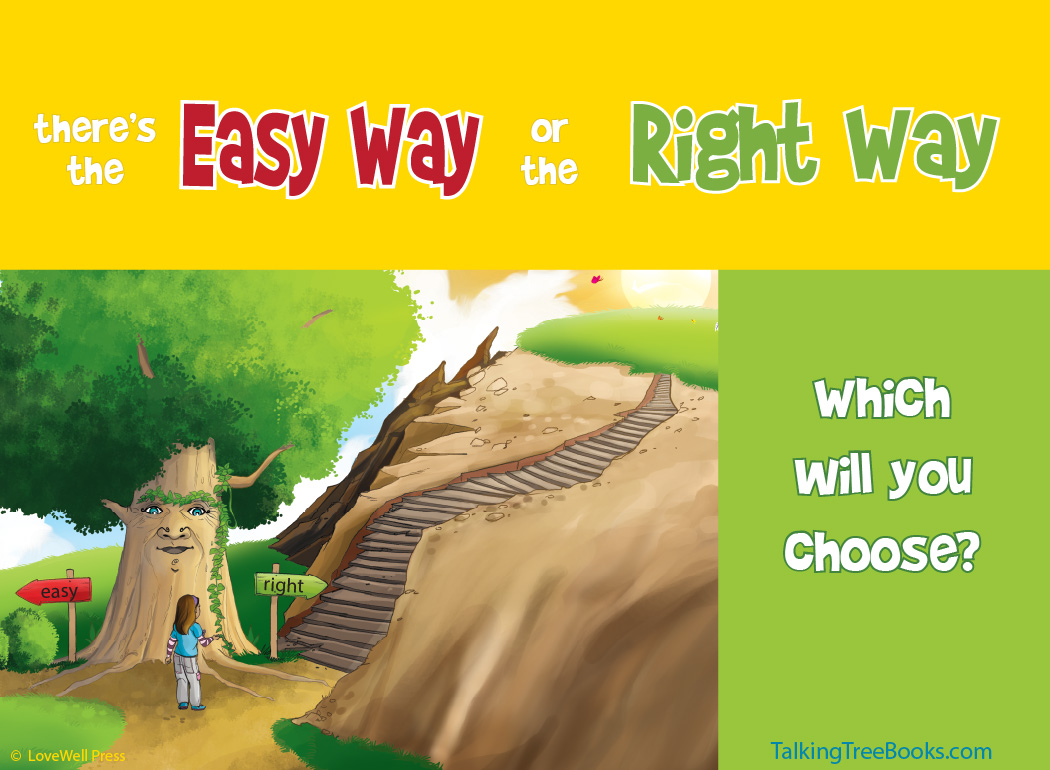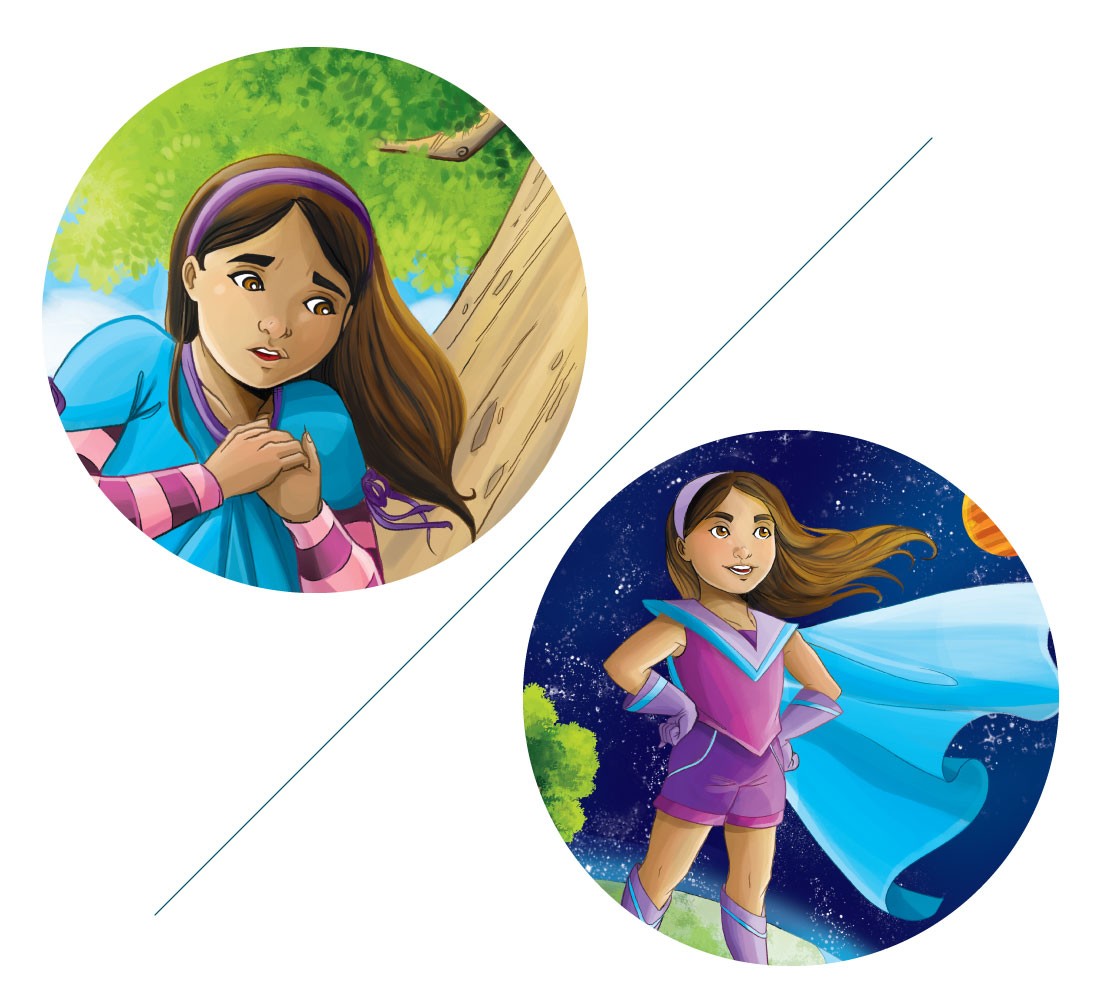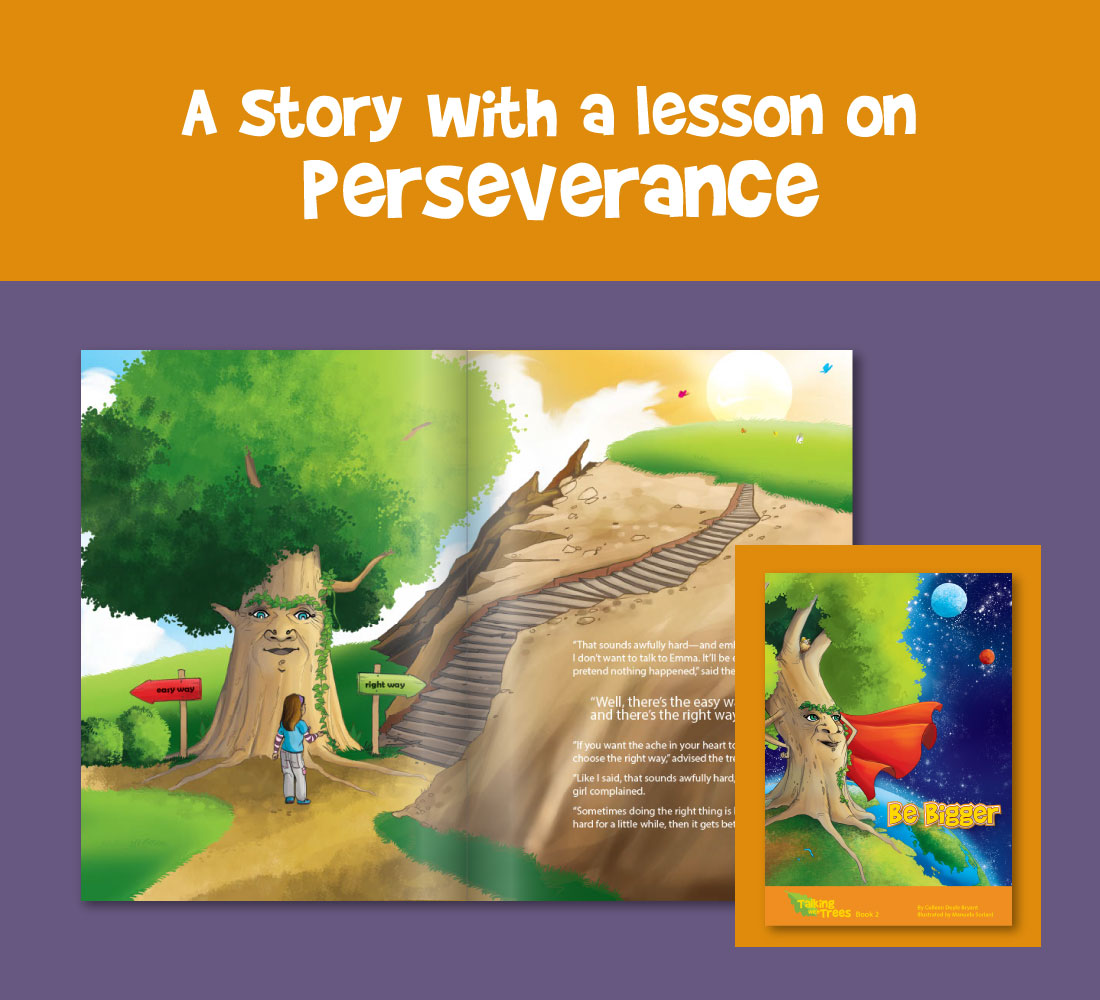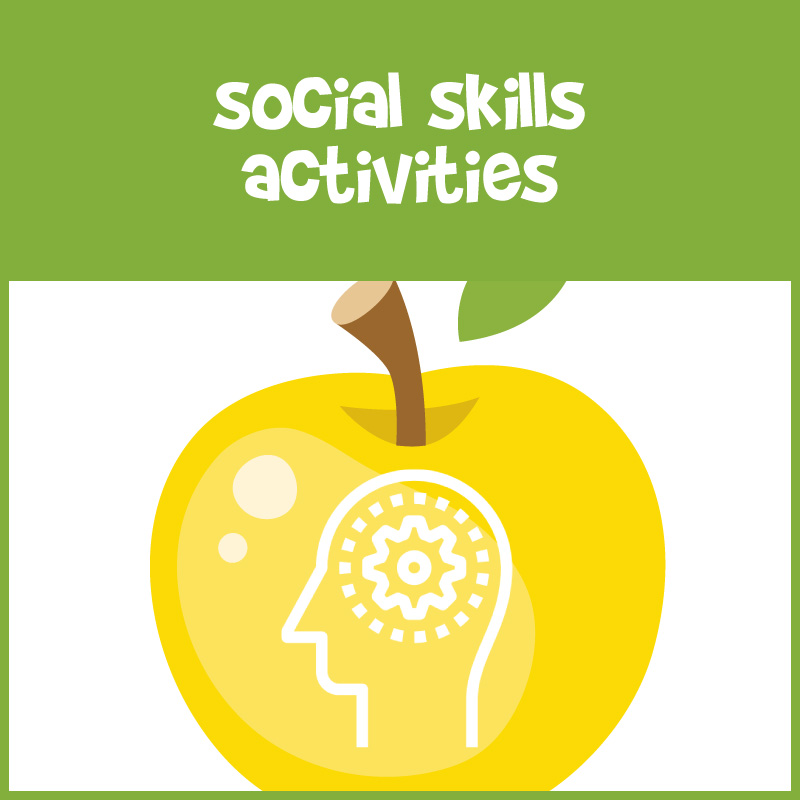What is Perseverance?
A definition of perseverance in simple words for children
Perseverance is when you push yourself to work through challenges.
What is perseverance and why should kids want it? Kids might be surprised to hear that perseverance (also called grit) is really important for living a life they enjoy and can be proud of. Why? Because life is full of challenges and struggles. Perseverance is the drive that helps you get past the hard stuff to get to what you want. Without perseverance, you won’t get far in life.
Perseverance is a personality trait that pushes you to overcome difficulties.
- Having perseverance means that when you are facing a challenge, you use your mind and your body to overcome it.
For more about perseverance, scroll down:
- What does perseverance mean in real life?
- Perseverance examples
- Why is perseverance important for kids?
What does perseverance mean in real life?
You use perseverance everyday. If you figure out what you find hard to do, you’ll see where you use perseverance. Here are some examples:
Perseverance Example : School
You’re doing school work and it’s your hardest subject. Maybe it’s a difficult math problem, or a long essay, or maybe you have to stand up in front of the class and present. Whatever it is for you, it’s tough. You’re struggling. You’re not sure you can do it. Maybe you even want to give up. You think about taking the easy way out and just doing the least you have to, even though you know it won’t be right.
But you know the work needs to get done and you know you have to do your best work. So you try harder. You stick with it and after some frustration and focus, you do it! You got it done and did it to the best of your ability.
Defining perseverance: Perseverance is that drive that helps you keep working even when you want to quit. Why was perseverance important in this example? Because without perseverance, you wouldn’t have finished your work, or you wouldn’t have done your best work. Without perseverance, your grade would have suffered. Without perseverance you wouldn’t have learned what you needed to learn, and that might make the next lesson even harder. If you didn’t persevere and do your best work, your teacher might have had you do the whole thing all over again. Perseverance is important to get you through the challenge and because often spending the time and effort when it's needed keeps you from a more difficult outcome later.
Perseverance Example : Sports
It’s preseason for your favorite sport and you’re trying to prove yourself and make the team. You’ve been practicing for hours and you’re tired. You start to wonder if you can really do it. You think it would be easier just to quit.
But you really want to make the team. So you take a deep breath, shake out your muscles, and you try harder. You get your mind and body focused, and do your best, despite being tired. You tried out last year and didn’t make it. You waited all year and worked hard to get better, and now you are going to prove it.
Defining perseverance: That was perseverance! Perseverance is continuing to work toward a goal even if there is a delay in getting it, or a difficulty in achieving it. In this case, you set a goal for yourself and you worked hard for it. Whether you made the team or not, you persevered and you knew you tried your best. Sometimes we work hard and don’t meet our goals, but knowing we did the best we could do gives us a sense of pride and self confidence. If you had quit, not only would you definitely not have made the team, but you wouldn't even have had the satisfaction of knowing you tried your hardest. Instead of feeling the pride of having done your best, you would have felt the emptiness of not even trying.
Perseverance Example : Relationships
You said something hurtful by mistake, and now your friend is mad at you. She’s giving you nasty looks and telling everyone else what happened. You feel bad that you said it, but now she’s being so mean. Your heart really hurts at the whole situation, but going and apologizing or trying to talk about how she’s hurting you is just so awkward. You think it would be easier just to ignore her, or maybe even tell your friends how she’s being so mean so they won’t side with her.
Then you realize that if you don’t talk it out, you’ll lose your friend forever. If you don’t apologize, you’ll keep feeling guilty. You figure out what needs to be done, and you walk over to your friend. Even though it’s so uncomfortable, you do the right thing and apologize.
That moment defined perseverance. Despite feeling uncomfortable, you did the emotionally difficult thing and talked to your friend. Remember that perseverance is the strength to do what you know is the right thing to do, even when it is hard for your mind, body, or emotions. Perseverance is really important in having positive relationships because friends, coworkers, spouses—they all have disagreements sometimes. Perseverance helps you work through issues and maintain relationships, even when it feels really uncomfortable.
Why is perseverance important for kids?
Perseverance is very important for kids to develop because life is full of challenges-- and perseverance is what helps you get through the difficulties to get to what you want. Sometimes the challenge is something hard for your body, like raking the leaves out of the entire yard or staying strong at the end of a long sports match. Sometimes it’s a challenge for your mind, like learning a new math equation or staying focused on something you need to do when you really want to be doing something else. Sometimes challenges are emotional like when you’re sad after a pet dies or when a friendship is breaking.
No matter what the challenge, perseverance is important because it is the drive that helps you get through the obstacle to the easier bit on the other side. Even though it feels so hard when you are working through a challenge, perseverance keeps pushing you through to your goal and to the good feeling that comes with knowing you did your best.
Taking the easy way out by cheating, quitting, or avoiding a situation doesn’t make the challenge go away. It just makes you have to deal with it at a different time. Perseverance helps you get through the challenge, even though it’s hard, and gives you that warm feeling in your heart of knowing you did the right thing.
Parents and teachers! Why developing perseverance is important for kids
More and more experts are arguing that perseverance (also called grit), along with other performance values, is essential to kids’ future success. We tend to think that encouraging kids means telling them they’re smart or great at soccer, or otherwise doling out praise. But telling a child he is smart is far less effective than rewarding him for hard work. In fact, rewarding intelligence instead of perseverance tends to restrict children, encouraging them to shy away from new challenges and even lie to avoid proving they aren’t as smart as their parents tell them they are. Why is perseverance important for kids? Because teaching a child to persevere through challenges gives her the work ethic to be a responsible and resilient adult.
Colleen Doyle Bryant
Colleen Doyle Bryant is the author of five books and more than 50 learning resources about making good choices for the right reasons. Her Talking with Trees series for elementary students and Truth Be Told Quotes series for teens are used in curricula around the world. Rooted in Decency, Colleen’s most recent release, written for an adult audience, explores how the decline in common decency is affecting wellbeing, and how we can build more trust and cooperation. Learn more at ColleenDoyleBryant.com

